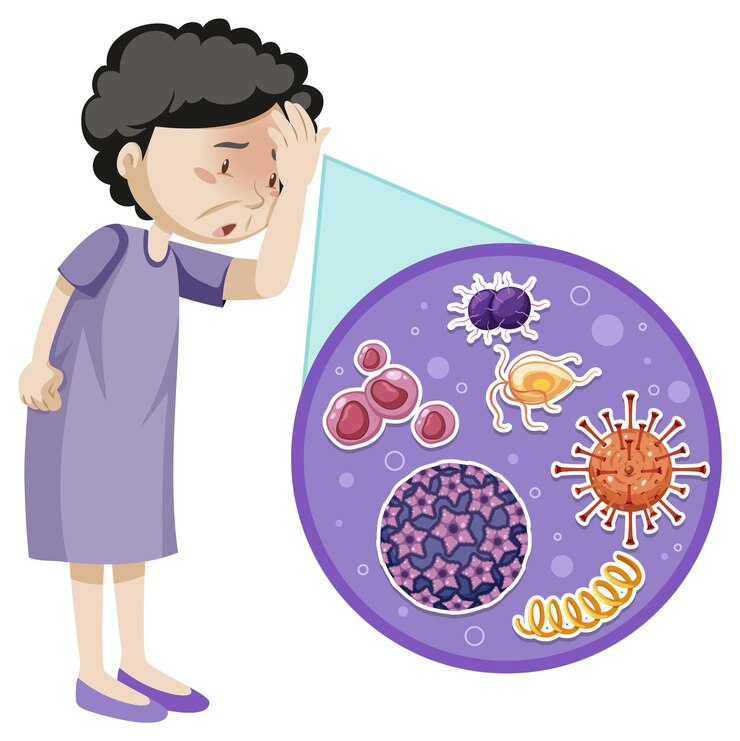
Common Triggers for Seborrheic Contact Dermatitis: Irritants and Allergens
If you’ve ever dealt with itchy, red, or flaky skin, you might be familiar with seborrheic contact dermatitis. This skin condition occurs when your skin reacts to certain substances it comes into contact with. Let’s explore some common irritants and allergens that can trigger seborrheic contact dermatitis.
1. Harsh Chemicals in Skincare Products
Many skincare products, such as soaps, shampoos, lotions, and cosmetics, contain harsh chemicals that can irritate sensitive skin. Ingredients like fragrances, preservatives, and dyes may trigger a reaction in individuals prone to seborrheic contact dermatitis.
2. Metals
Certain metals, particularly nickel, found in jewelry, watches, belt buckles, and even clothing fasteners, can cause skin irritation and trigger dermatitis in susceptible individuals. It’s essential to be mindful of the materials used in accessories and opt for hypoallergenic options if you have sensitive skin.
3. Fabrics
Some fabrics, such as wool or synthetic materials like polyester, can exacerbate seborrheic contact dermatitis due to their abrasive or irritating nature. Wearing loose-fitting, breathable clothing made from natural fibers like cotton or linen may help minimize skin irritation.
4. Plants
Certain plants, such as poison ivy, poison oak, and poison sumac, contain oils that can cause an allergic reaction upon contact with the skin. Even non-toxic plants like grass or weeds may trigger dermatitis in individuals with sensitivities.
5. Cleaning Products
Household cleaning products like detergents, disinfectants, and even dishwashing liquids can contain chemicals that irritate the skin and exacerbate seborrheic contact dermatitis. Using gloves while cleaning and opting for milder, fragrance-free products may help reduce skin irritation.
6. Weather Conditions
Changes in weather or environmental factors, such as cold, dry air in winter or hot, humid weather in summer, can affect the skin and trigger flare-ups of seborrheic contact dermatitis. Protecting your skin with appropriate clothing and using moisturizers to maintain skin hydration can help mitigate these effects.
Conclusion
Identifying and avoiding common irritants and allergens is crucial for managing seborrheic contact dermatitis and preventing flare-ups. If you suspect certain substances are triggering your symptoms, consider keeping a diary to track your exposures and discuss your findings with a healthcare professional. By taking proactive steps to minimize exposure to triggers, you can help keep your skin happy and healthy.
To seek medical advice, always consult a Doctor. Here are our recommended EXPERTS. Click here
To read more on SKIN. Click Here


